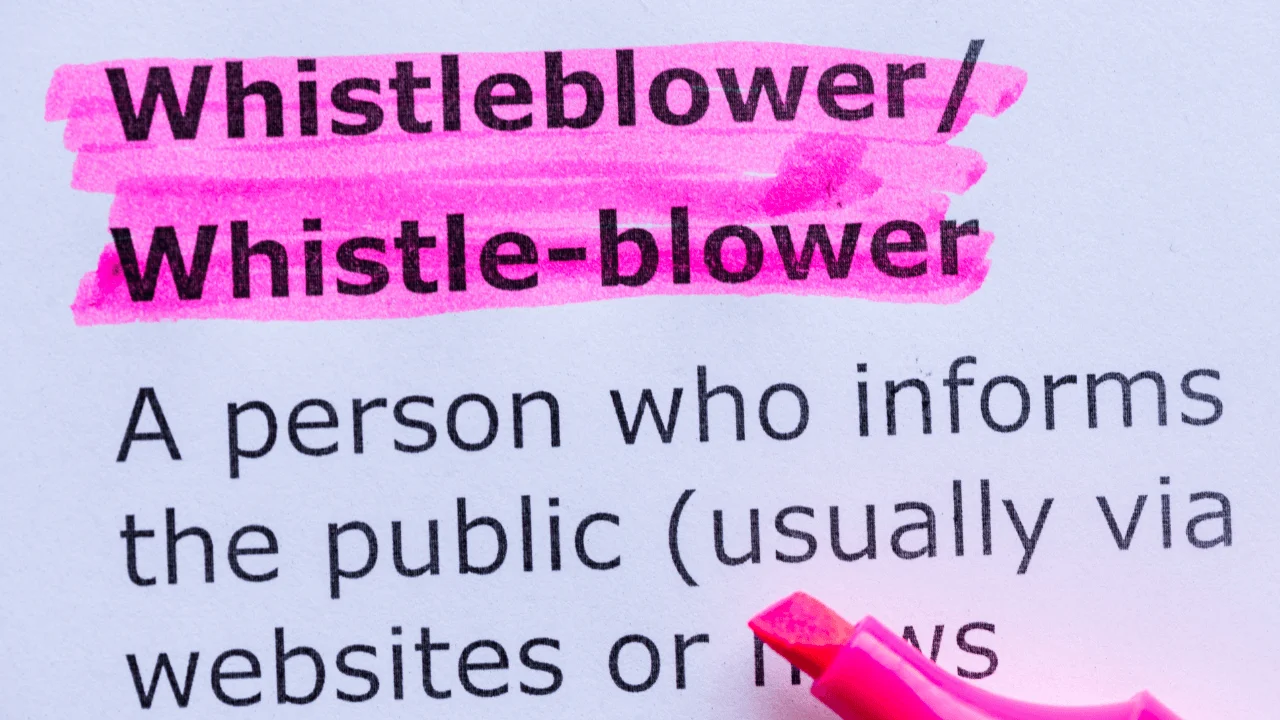
Key features of the new Public Interest Disclosure Act 2022 (PID Act 2022)
Published on December 15, 2023 by Scott Dougall and Sabrina Morell
From October 2023 there is a new Public Interest Disclosure (PID) legislation in New South Wales in operation. This is intended to completely replace the Public Interest Disclosures Act 1994 (1994 Act). This article explains the intention of the PID, the categories of PID and the protections under the PID Act.
Intention of the PID
The PID Act 2022 provides multiple pathways for public officials to report serious wrongdoing. This includes reporting to a disclosure officer, their manager, and other agencies able to accept public interest disclosures.
Protections for whistleblowers are enhanced. The threshold for what is considered “detrimental action against the person making a public interest disclosure has been lowered, and the penalties associated with detrimental action have been increased when compared to the 1994 Act.
The PID Act 2022 provides greater clarity with respect to what agencies are expected to do when they receive a public interest disclosure and how they must deal with the report once it is identified as a PID. This includes an obligation to communicate with the PID maker and, in some instances, with the Integrity agencies.
Obligations are imposed upon agencies to ensure they have systems in place to manage confidentiality and to support a PID maker. Agencies are also required to assess the risk of detrimental action and implement risk mitigation strategies.
Categories of PIDs
The Act recognises three types of PID’s. In some instances, a PID can be made by a person who is not a public official.
There are three types of PIDs:
- Voluntary PID – this is a disclosure voluntarily made by a public official.
- Mandatory PID – this is a disclosure made by a public official who has a legal obligation to provide a report as an ordinary function or aspect of their role in an agency.
- Witness PID – this is a disclosure made by a witness in the course of an investigation.
Subject of Serious Wrongdoing
The subject of a PID will relate to “serious wrongdoing”. This is broadly defined to mean one or more of the following:
- Corrupt conduct.
- Serious maladministration.
- A government information contravention.
- A local government pecuniary interest contravention.
- A privacy contravention.
- A serious and substantial waste of public money.
Detrimental Action
A Detrimental action taken against a PID maker may consist of an act or omission that causes, comprises, involves, or encourages detriment to a person or a threat of detriment to a person. Detriment includes, but is not limited to, actions such as intimidation, bullying and reputational damage.
The Act contains robust protections that have significantly increased the penalties for individuals or agencies taking detrimental action.
It is a criminal offence to take detrimental action against a person based on the suspicion, belief, or awareness that a person had made, may have made or may make a PID.
The PID Act 2022 allows for injunctions to be sought from the Supreme Court to prevent the commission of a detrimental action offence. This can be brought by an integrity agency or by the maker of a PID.
There are also enhanced entitlements to seek financial compensation for injury, damage or loss suffered as a consequence of an unlawful detrimental action.
Summary of Protections Under the PID Act
All PID makers are protected from detrimental action.
All PID makers have a right to initiate proceedings and seek compensation for injury, damage or loss suffered because of detrimental action being taken against them.
All PID makers have a right to seek a preventative injunction to prevent the commission or possible commission of a detrimental action. A PID maker who has suffered unlawful detrimental action also has a right to an injunction to remedy that offence e.g. to reinstate the person’s employment.
A voluntary PID maker has a right to confidentiality. A mandatory PID or witness PID does not have a right to confidentiality (although best practice is identified as the maintenance of confidentiality unless it would hinder an investigation).
A PID maker has an immunity from civil and criminal liability. This means legal action cannot be taken against a person for breaching a duty of secrecy of confidentiality or breaching another restriction on disclosure.
Please note protections to a PID maker do not extend to liability for their own past conduct. Such a protection can only be provided by the Attorney General.
If you have any questions on PID, please contact Carroll & O’Dea Lawyers on 1800 059 278 or via our Contact Page.

